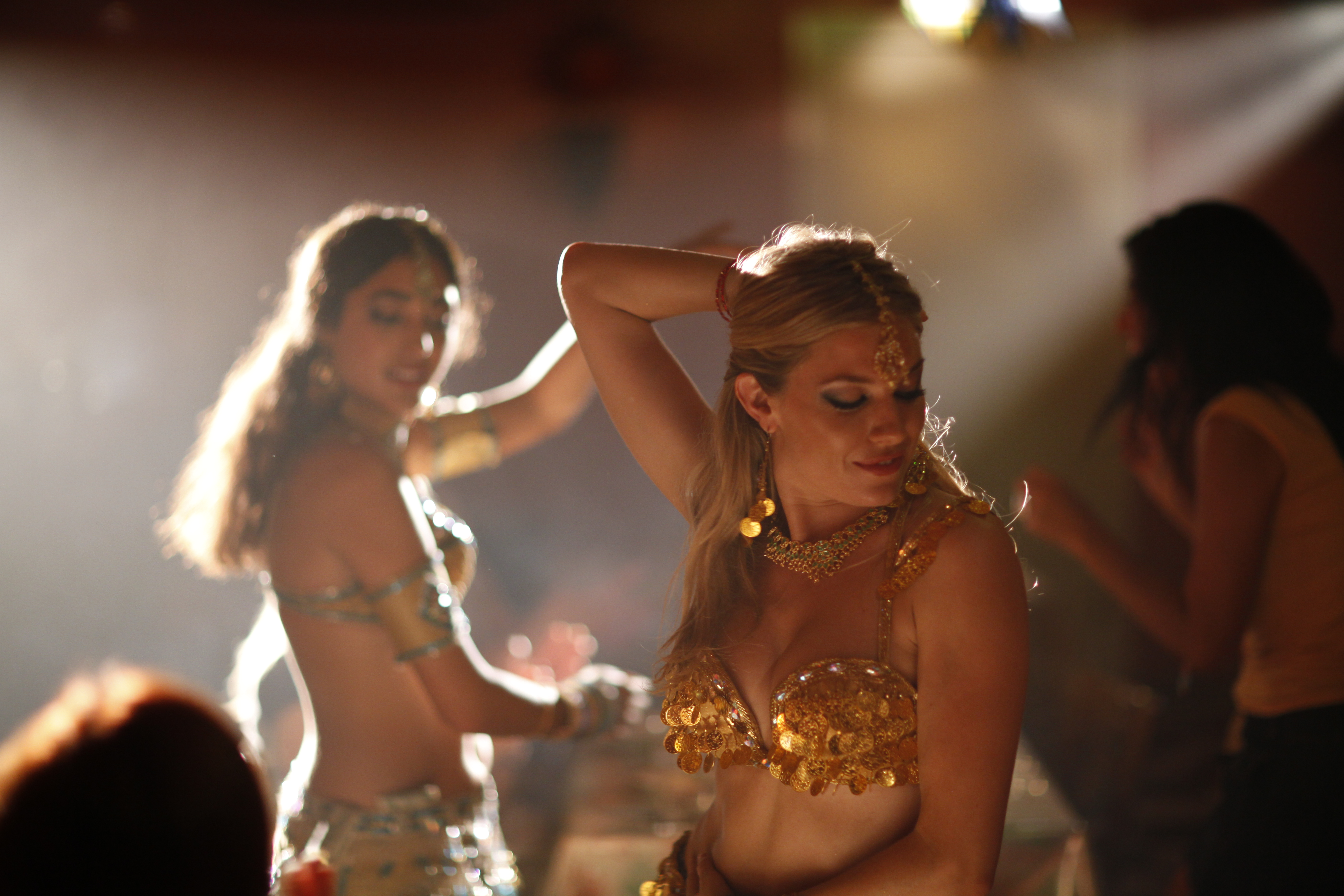Title: Just Like a Woman
Director: Rachid Bouchareb (‘Outside the Law,’ ‘Days of Glory’)
Starring: Sienna Miller, Golshifteh Farahani (‘Chickens with Plums,’ ‘Body of Lies’), Tim Guinee (‘Iron Man,’ TV’s ‘Revolution’), Roschdy Zem (‘The Cold Light of Day‘)and Chafia Boudraa (‘Outside the Law’)
Contending with the important issues of cultural differences and self-importance and identity can be a difficult process for many women in an ethnically diverse city. Finding their rightful place in society while also achieving their personal goals and dreams is the strong motivating factor that drives the two diverse female lead characters in the new drama ‘Just Like a Woman.’ While the two women, Marilyn and Mona, come from different cultures and have diverse motivations, aspirations and expectations placed on them, they bond over the fact that they’re searching for at least one meaningful relationship as they search for financial stability.
‘Just Like a Woman’ follows the newly laid off secretary Marilyn (Sienna Miller), whose day becomes even worse when she arrives home early and unexpectedly finds her aloof husband George (Tim Guinee) having an affair in their bedroom. The affair is the last straw that pushes her out of their marriage. She sets out to leave Chicago and travel to Santa Fe, at the advice of her bellydancing class teacher. Marilyn is eager to finally go after her dream by auditioning for a leading bellydancing company in New Mexico.
On her way out of Illinois, Marilyn picks up the Egyptian-American Mona (Golshifteh Farahani), an acquaintance who works at the local convenience store she regularly shops at. Desperate to get away from a messy legal situation involving her husband, Mourad (Roschdy Zem), who owns the deli where she works, and his domineering mother (Chafia Boudraa), Mona happily travels with Marilyn to Santa Fe. The two escape their unhappy marriages and learn about friendship and what it truly means to be happy.
‘Just Like a Woman’s production designer, Petra Barchi, effortlessly created unique settings that emphasize the struggles that both Marilyn and Mona are forced to overcome, as well their goals and aspirations they’d like to realize. Barchi cleverly created a simple, unadorned trailer for Marilyn and George to live in that’s void of any true personal or sentimental belongings, which echoes the emotional distance that has increasingly grown between the two. Mona’s house, which she shares with Mourad, often appears dimly lit and cramped with her mother-in-law’s presence and belongings. The confined house stresses Mona’s continued feelings of being ruled by her mother-in-law’s overbearing ways.
But once Marilyn and Mona embark on their liberating journey to Santa Fe together, Marilyn’s free-spirited convertible car and the openness of the camping grounds where they spend their nights truly reflect the womens’ need to find their own identities and freedom. They no longer feel restricted by what their husbands and jobs expect of them, and liberatingly spoke of their individual dreams. Barchi cleverly used each location to her advantage to showcase the womens’ goals, from having them set up their own tents in park forests and deserts, to having them practice their bellydancing in the picnic area of a campground that was in full view of the other campers.
The film’s costume designers, Mahemitie Deregnaucourt and Laura Darner, also creatively showcased Marilyn and Mona’s desire to create their own identities by dressing the two women in drastically transformative clothing. Marilyn was initially shown not always caring about her appearance, as she worked in a warehouse, and would continuously wear dark, drab clothing to match her environment. While working at the deli and at home with her husband, Mona would always dress in mundane outfits that covered her as well. But as soon as the two women started traveling together so that Marilyn could embark on her ambition to become a professional bellydancer, they took on temporary dancing jobs to make money along the way. Deregnaucourt and Darner dressed the two characters in flashy, sequined costumes that drew attention to their bodies, showing how they instantly felt freed from the domestic problems that were preventing them from achieving their goals.
‘Just Like a Woman’ innovatively chronicled the drastic transformation of its two female lead characters, who courageously made the decision to leave their mundane lives that held no chance of improvement, in order to achieve their dreams. Their growing friendship and drive to go after what they truly want was effectively told through the film’s memorable visuals, including the creative production design by Barchi and the glitzy costumes created by Deregnaucourt and Darner. Not only did the visuals creatively emphasize the drama’s important message that people should take a chance to go after their dreams, but also showed how important true close friendships can be in life.
Technical: B+
Acting: B
Story: B
Overall: B
Written by: Karen Benardello

